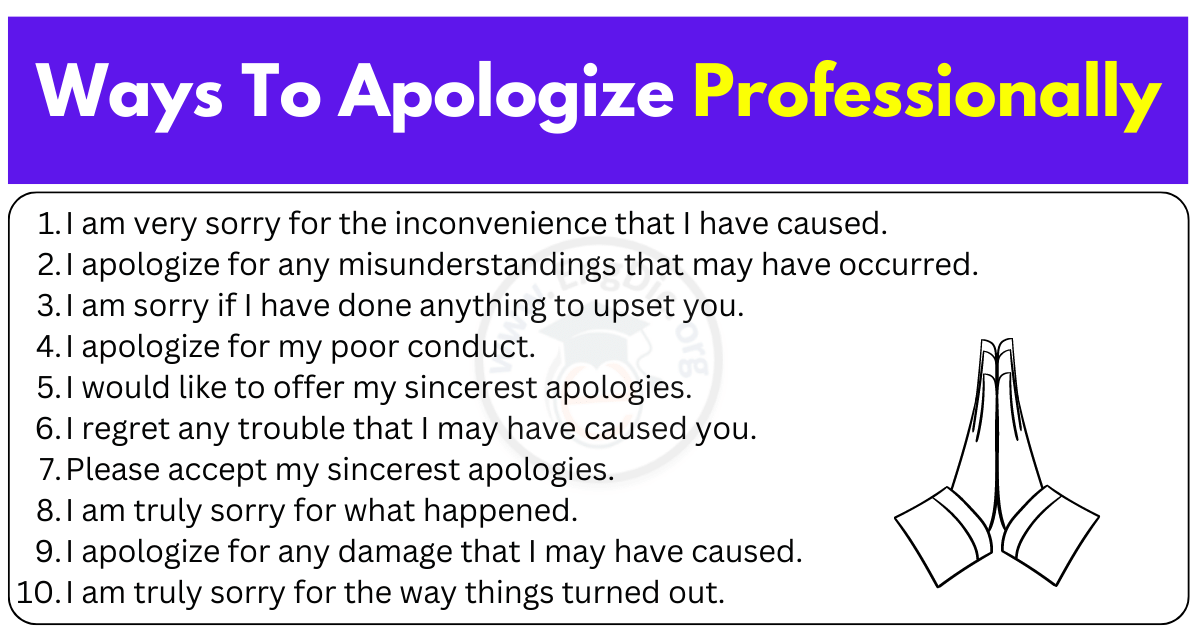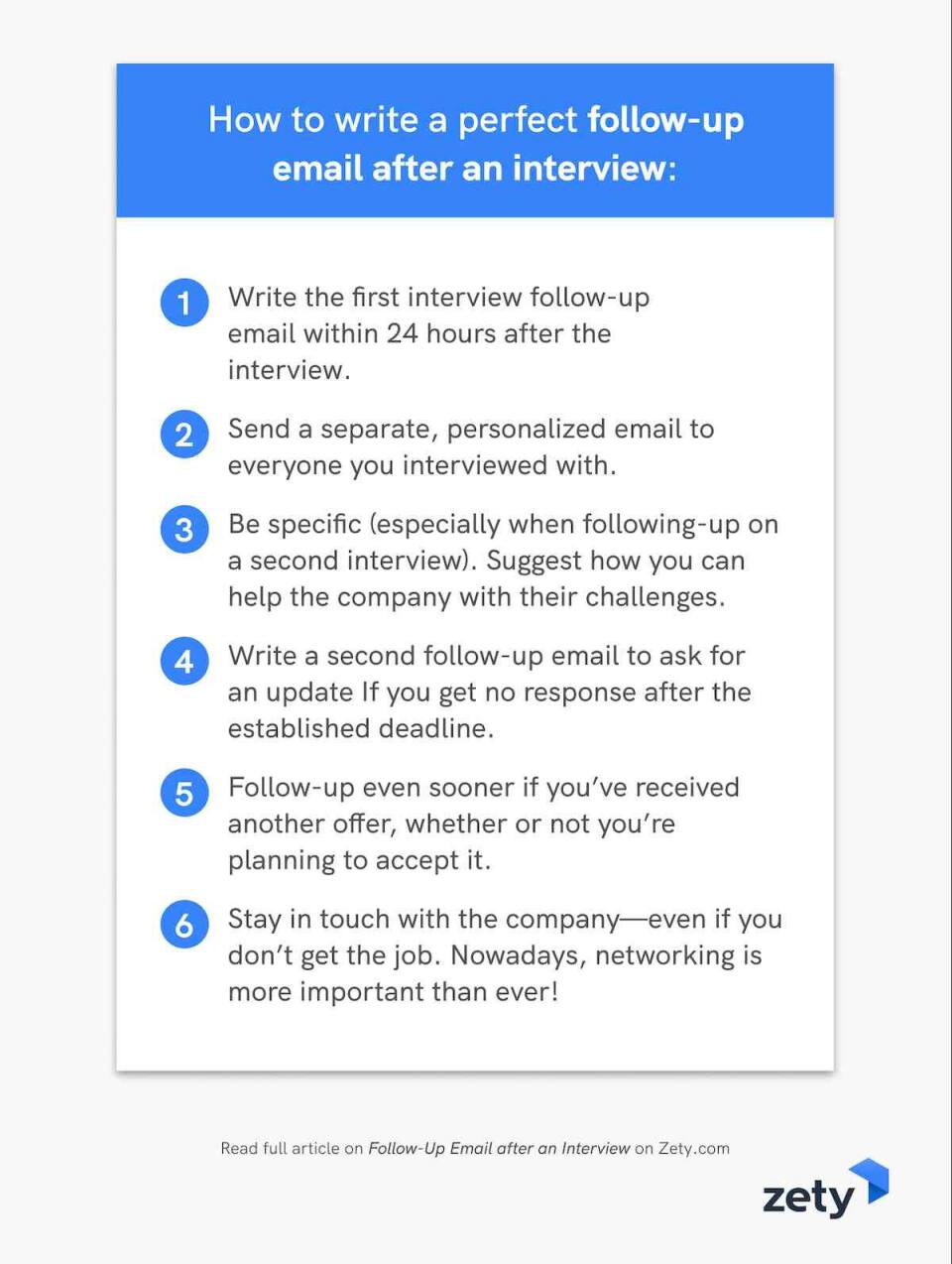I’m sure we’re all aware of the elaborate song and dance that goes into the interviewing process. From: meeting with recruiters, doing mock interviews, researching the company, and having the interview—it’s been formulated to a tee. Though there’s one thing people often forget: a follow-up “thank you email.”
Regardless of the purpose of the email and whether you are actually accepting a company’s offer, saying ‘thank you’ is a polite and overlooked action that many disregard. Ultimately it’s a waste of potential. A HUGE loss of opportunity. This past week, there were two articles I stumbled across discussing this very topic (of using follow up messages to your advantage), the 1st by Beth Braccio Hering and the 2nd by a Ladders Contributor.
 In Beth’s article, she goes into more detail and specifically speaks on using this is a chance to clarify any mistakes that may have occurred during the interview. Obviously, the contents of the message should highlight/ remain a message of thanks to the interviewer for their time, though it’s good time to acknowledge any lingering unresolved issues. Personally, I see it to be great advice as it neatly ties the bow on the whole situation. This could potentially result in a redemption for you, but don’t make the mistake of using too much negative language. Take responsibility, but don’t dwell heavily on any failures, as it won’t do good for either party. Remember, keep it brief and sincere!
In Beth’s article, she goes into more detail and specifically speaks on using this is a chance to clarify any mistakes that may have occurred during the interview. Obviously, the contents of the message should highlight/ remain a message of thanks to the interviewer for their time, though it’s good time to acknowledge any lingering unresolved issues. Personally, I see it to be great advice as it neatly ties the bow on the whole situation. This could potentially result in a redemption for you, but don’t make the mistake of using too much negative language. Take responsibility, but don’t dwell heavily on any failures, as it won’t do good for either party. Remember, keep it brief and sincere!

Pertaining to the Ladder post and the beliefs of Don Straits, CEO and Dragonslayer of Corporate Warriors; the best thing to include in an email is additional value. If you do as the following graphic above outlines, it will surely elevate the content you are providing. The “standard thanks” is now expected, and in order to stand out there are additional factors you should keep in mind. It’s important to reference and even expand upon what was discussed during the interview. This showcases to the interviewer that you are being attentive and someone who has good follow through (if you end up going the route of providing a solution to problems mentioned). By personalizing the email in this way, it makes you all the more memorable.
Overall, the tips offered above all reinforce good practices that you could (and should) implement into your daily life. Especially going into the professional field, small nuances such as these could be the “make or break” in you being the first or second pick. Don’t wait until “it’s time” to write a thank you letter, take the moment now and your future self will thank you for it.
I think you did a good job with the emphasis portion of your essay. It is clear that some words/ phrases you wanted to put emphasis on by bolding, capitalizing, or italicizing. I think that helped strengthen your post because as the audience, it was nearly impossible to miss these points that you added emphasis to. I also think that the images that you inserted regarding sending an apology and writing a perfect follow up email post interview helped have good structure/ organization making it easier to follow. Overall great post!
Your visuals in this post did a great job or helping to emphasize your point and your message was clear. They added some great examples for conducting business in the professional world. It is very true that these small things will either make you or break you. You have to set yourself apart in the search for a job.
I really enjoyed reading your Blog Post 6! I really enjoyed the picture you included with the 10 ways to apologize professionally. I think those are great ways to apologize after making a mistake in either an interview or in the workplace. I also really liked your second picture with the 6 steps to writing a follow-up email. Those steps are very useful and I will utilize them in the future!